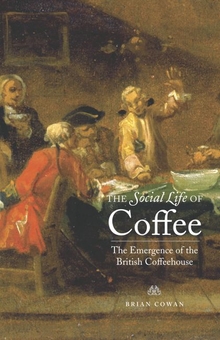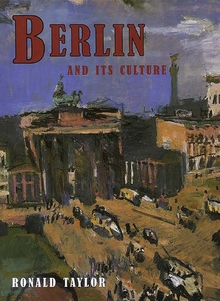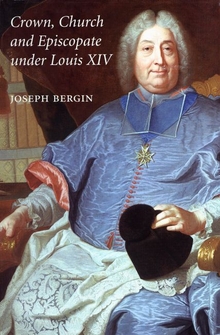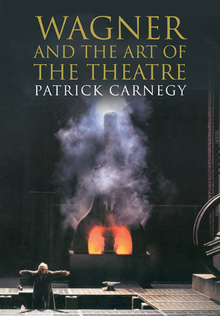The Social Life of Coffee
WARNING
You are viewing an older version of the Yalebooks website. Please visit out new website with more updated information and a better user experience: https://www.yalebooks.com
The Emergence of the British Coffeehouse
Brian Cowan
What induced the British to adopt foreign coffee-drinking customs in the seventeenth century? Why did an entirely new social institution, the coffeehouse, emerge as the primary place for consumption of this new drink? In this lively book, Brian Cowan locates the answers to these questions in the particularly British combination of curiosity, commerce, and civil society. Cowan provides the definitive account of the origins of coffee drinking and coffeehouse society, and in so doing he reshapes our understanding of the commercial and consumer revolutions in Britain during the long Stuart century.
Britain’s virtuosi, gentlemanly patrons of the arts and sciences, were profoundly interested in things strange and exotic. Cowan explores how such virtuosi spurred initial consumer interest in coffee and invented the social template for the first coffeehouses. As the coffeehouse evolved, rising to take a central role in British commercial and civil society, the virtuosi were also transformed by their own invention.
Brian Cowan holds the Canada Research Chair in Early Modern British History at McGill University. He lives in Montreal.
“Cowan’s work fits the bill in many ways. It is easily the most thorough account of the social history of the British coffeehouse ever written.”—Adrian Johns, University of Chicago
"Brian Cowan's Social Life of Coffee is an engagingly written, lavishly illustrated, and meticulously researched book. It provides the most comprehensive account of the rise and accommodation of coffee and coffeehouse culture that is currently available. Cowan's book will begin a number of important and intellectually fruitful debates about the rise and extent of virtuoso culture, about the nature and limits of the bourgeois public sphere, and about the gendered nature of social space in Early Modern England."—Steven Pincus, Yale University
"[A] well-researched, wide-ranging and fascinating book... Cowan adds rich colours and shades to a picture we had hitherto only in outline." - Kevin Sharpe, Times Literary Supplement
"Because the modern world was washed into existence on a tide of caffeine, the subject is too important to be left to historians of food and drink... Cowan is concerned with the political history of coffee houses...[and] points to the heterogeneity of coffee house culture..." - London Review of Books
Publication Date: November 11, 2005
43 b/w illus.








